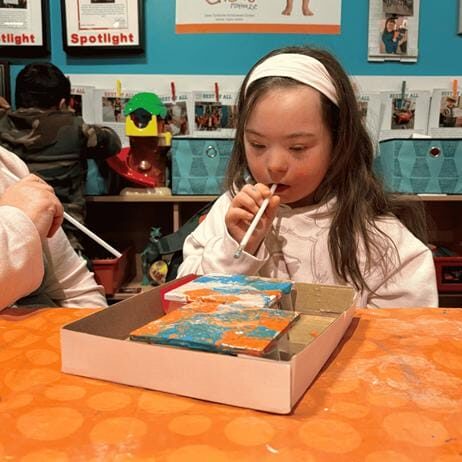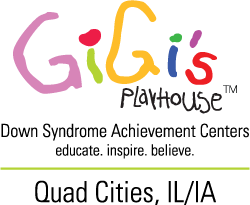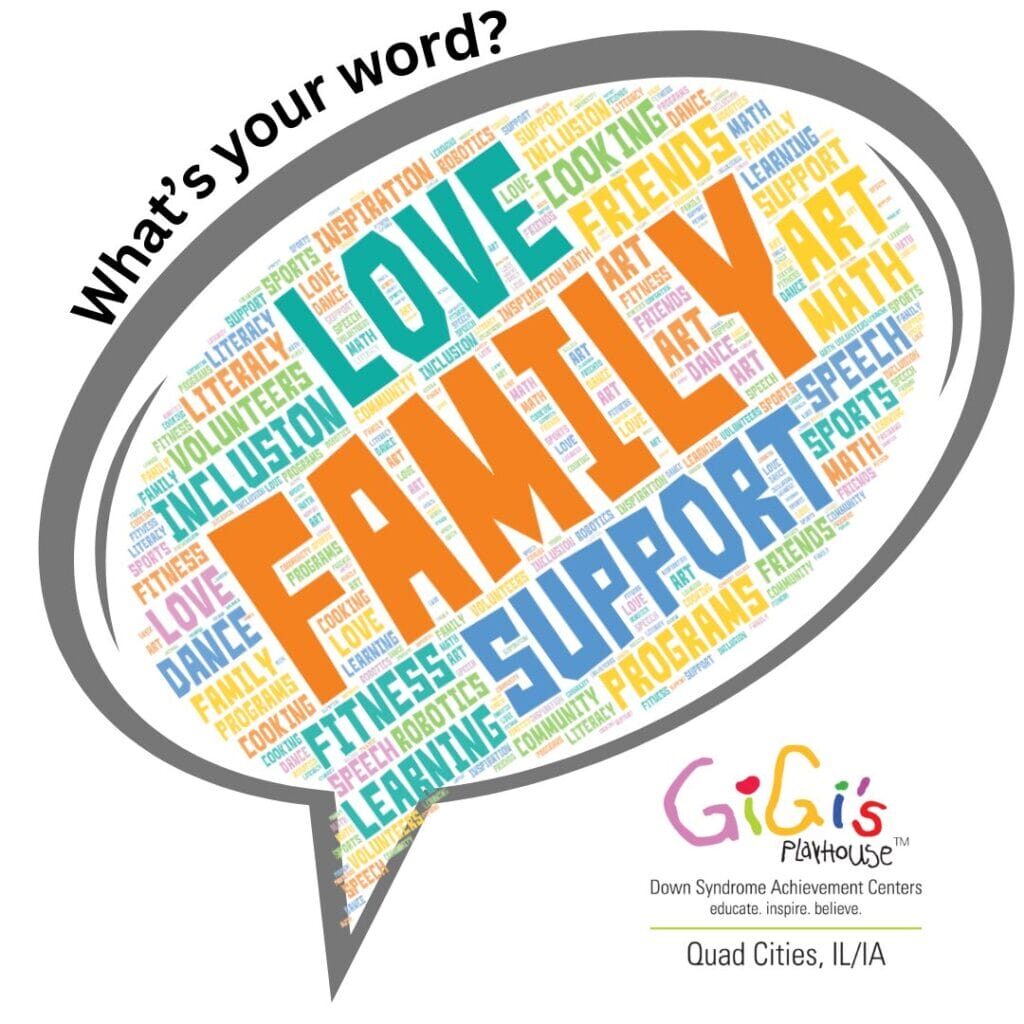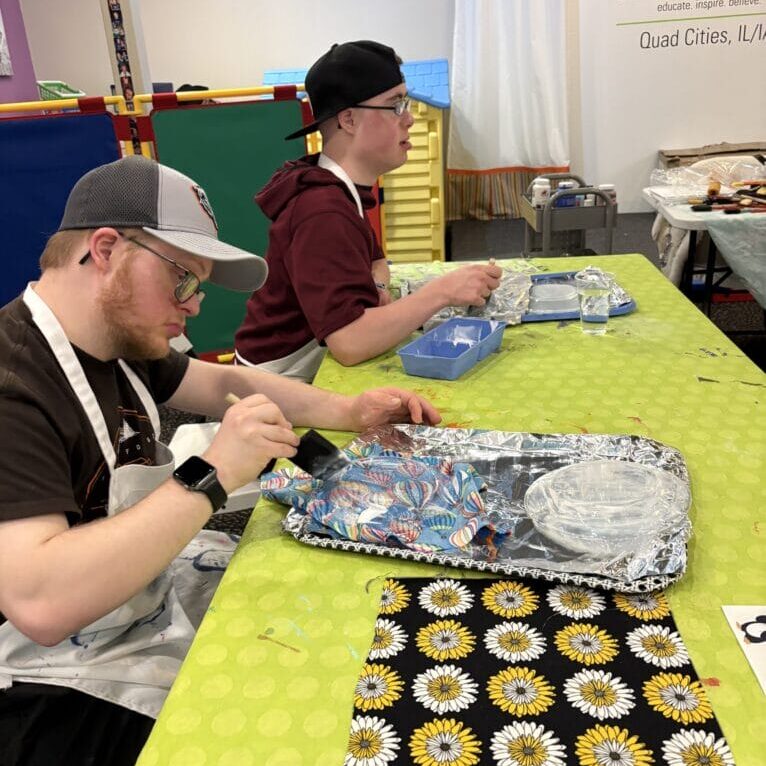5 Ways to Encourage Taking Turns
The Conversation Corner, By Brook Fieldman
Part 2 of 8 – There will be 2 blogs each week in this series with a night of in-person recap at the end of the month.
Turn-taking in Conversation and Play
Turn-taking is a fundamental aspect of communication and allows one to exercise their conversational and social skills. Engaging in turn-taking maintains the flow of conversation, promotes active listening, and allows everyone in the conversation to express themselves. Ultimately, turn-taking is important because it strengthens the quality of communication and leads to more meaningful interactions. Individuals with Down syndrome require more guidance when it comes to appropriate communication patterns. While individuals with Down syndrome are friendly and affectionate, they may not be as confident to converse or play efficiently with their peers. Therefore, it’s important to incorporate turn taking practice into play-based and conversational activities.
Below are a few suggestions for initiating turn-taking in play and conversation.
● Visual timer: This helps indicate the duration of each turn and teaches an individual
to understand when it’s their time to play
● Create a magic word: E.g., saying the word “banana” to signal that their turn is up
Alternative signals include repeating their name or tapping their hand
● Practice with routines: Naturally facilitate turn-taking while making decisions,
sharing toys, and playing games like Uno and Candyland
● Establish clear expectations: Set a structure for conversation, such as raising hands
or waiting for a pause before speaking
● Reinforcement and support: Provide praise when a child successfully takes their turn
My intention is for individuals of all ages to reap benefits from these tips and tricks; however, I want to preface that the play-based activities may be better suited for an audience ranging from 2-6 years of age. By implementing the strategies outlined in this document, you can facilitate a supportive environment that promotes turn-taking for individuals with Down syndrome and eventually enriches social experiences. Thank you for tuning in!
Submitted by, Brook Fieldman, Augustana Intern
- Augustana College Class of 2024
- Communication Sciences and Disorders Major
- Disability and Asian Studies Minors
Handouts from this blog series can be seen here as they become available.
Join us for a recap night! Family Speaker: Communication & Expectations Monday, April 29th at 5:30
Register using this link.
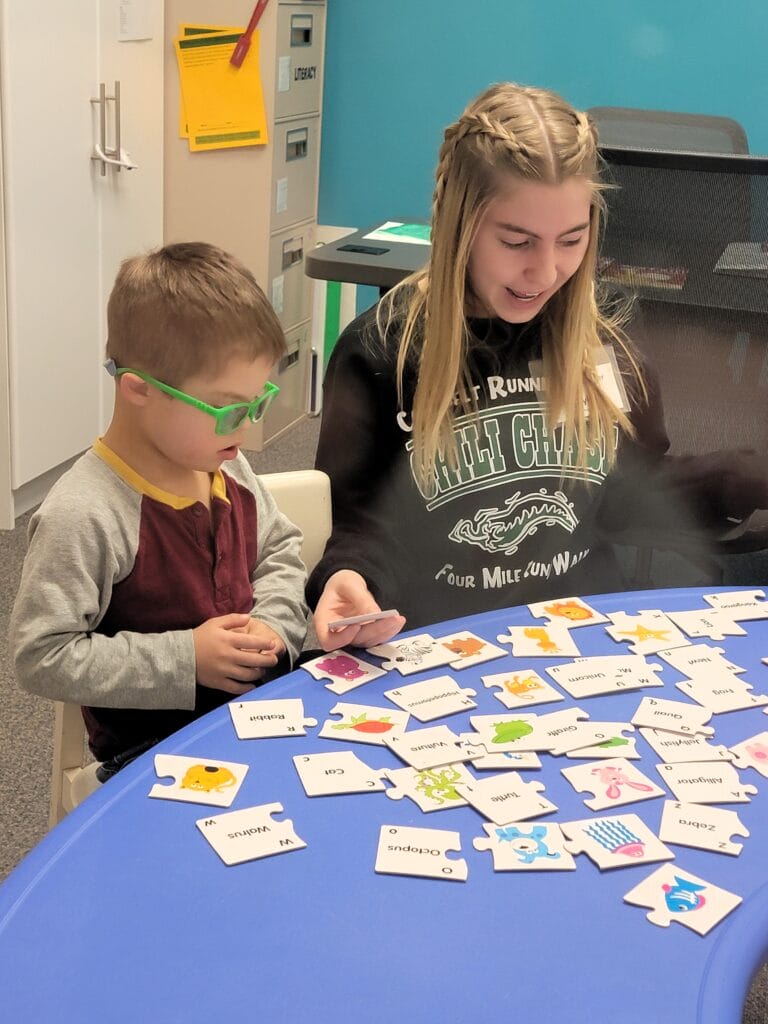
Recent Posts
